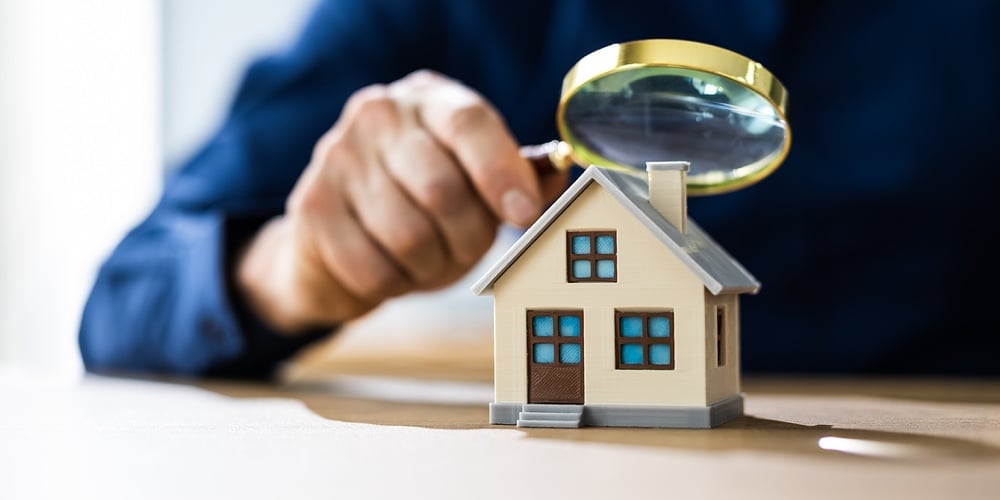Since their inception, credit unions have consistently relied upon Real Estate Appraisers to provide accurate, credible, and unbiased opinions of their collateral value. How troublesome it is to realize that accusations of racial bias are leveled against the appraisal profession. Has appraisal bias prevented your members from getting loans, purchasing homes, or accessing the equity in their homes? Has it prevented meaningful investment in the communities you serve? In contrast, are the appraisers on your panel, many of which may be members themselves, inherently biased, and how would you know?
Accusations of appraisal bias are not new. Unlicensed value opinions contributed to the Savings & Loan crisis and inflated appraisals predicated bad loan decisions during the pre Great Recession mortgage crisis. For several years now researchers have argued appraisal bias based on race. In 2018 the Brookings Institute published a case study, The Devaluation of Assets in Black Neighborhoods1. The study argues that homes of similar quality in neighborhoods with similar amenities were worth 23 percent less in Black neighborhoods, The study did not have the tools to identify why until the Federal Housing Finance Agency (FHFA) released data publicly on home appraisals. The Brookings Institute, along with other academic researchers, now see a direct correlation with appraisal bias.2
But it wasn’t until major news stories erupted featuring black homeowners “whitewashing" their homes to generate value, that lenders, regulators, and appraisal organizations began to take notice. The federal government stepped in to create the Property and Appraisal Valuation Equity (PAVE) taskforce, and brave homeowners testified to the humility of whitewashing their homes.
Nearly sixty years have passed since Civil Rights legislation prohibited housing discrimination based on race, color, religion, sex, national origin, disabilities, and familial status, so how are we here in 2024 discussing racial bias by appraisers? There are numerous causes to consider, historical redlining, poor appraiser training, apprenticeship programs that incubate racist opinions, lack of diversity in the appraisal profession, inadequate education, and poor oversight. It is estimated that over 97 percent of real estate appraisers are white, they are licensed and disciplined by state boards made up of the same appraisers.
Unfortunately, there are few options available to immediately resolve any implicit or explicit bias within the appraisal profession. Increased diversity will take years to evolve based on current qualifications criteria, training and education take time, as do any material changes to oversight. A major recommendation of PAVE that is imminent provides clear and meaningful policies around the reconsideration of value. Each credit union must ensure they have a robust ROV policy, together with necessary member disclosures, notifications, and formatting.
This brings us to technology and the true question as to whether we need a traditional appraisal performed by a Real Estate Appraiser. Technical innovation was slow to seep into real estate valuation. The Automated Valuation Model (AVM) was indeed developed over 20 years ago, but despite consistent improvements, its accuracy is limited by access to consistent data (poor public records and universal MLS system) and measurable information about the subject property. However, over the last decade, millions of appraisals entered to the UCDP have provided a high volume of accurate and consistent data. It is this data that allows Fannie Mae and Freddie Mac to provide Valuation Acceptance (that is replacing the traditional appraisal waiver). In a transparency effort, this data is now available from FHFA and can be used to track appraisal bias and QC to identify potential occurrences. Additionally, other technological advances, especially in AI and machine learning, allow the analysis of large volumes of data, identify property characteristics (including measurement and photo imaging), and market trends.
In the last few years, Fannie Mae and Freddie Mac have embarked on a journey of valuation modernization. The low-interest rate culture during the COVID epidemic brought to light appraiser capacity issues that increased costs and turn times. Additionally, appraisers are operating with archaic software to generate dated and minimally compliant reports. The key elements of Valuation Modernization are valuation acceptance (utilizing FHFA data) plus a Property Data Report (PDR); desktop and hybrid appraisals (removing the appraiser from the inspection process) and modernization of traditional forms to a single interactive and cloud-based format. These initiatives are aimed at increasing efficiency, reducing cost; increasing accuracy, reducing appraisal bias and providing a scalable solution.
SomeAppraisal Management Companies developed technology-based valuation solutions to improve the HELOC process. These include a “smart” AVM process with access to analyst intervention, non-appraiser inspections, and streamline hybrid appraisals. Integrations with credit union LOS systems allow inexpensive, accurate, and quick technology-based residential valuations.
Historic appraisal bias will not be eliminated overnight, and credit unions should have processes and training to identify and mitigate it. A credit union must ensure it, or their AMC has a robust AI-based QC process to recognize discriminatory language, imagery, and analysis. Credit Union/ AMC appraisers should be mentored and trained in Fair Housing practices. Credit unions should rely on AMCs like Class Valuation to be at the forefront of technology. With experts such as Scot Rose, spotlighted by the Brookings Institute, as an innovator in the Valuing Homes in Black Neighborhoods. Ultimately, by leveraging technology and data, users and providers of valuation services can transform an industry that has traditionally been slow to adapt to change.







